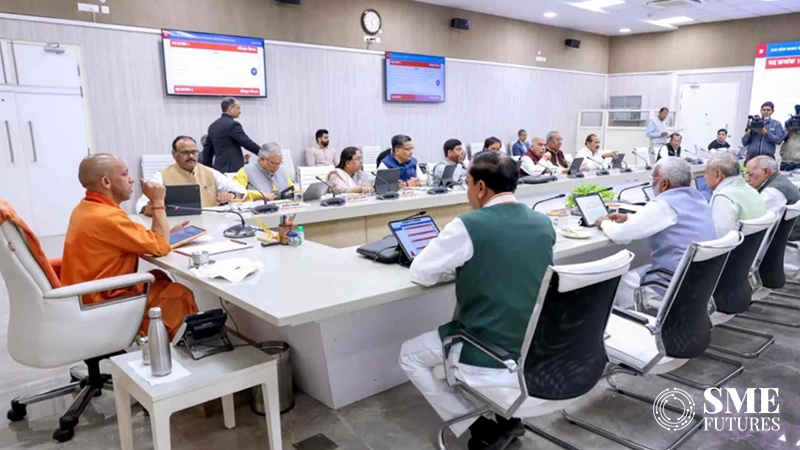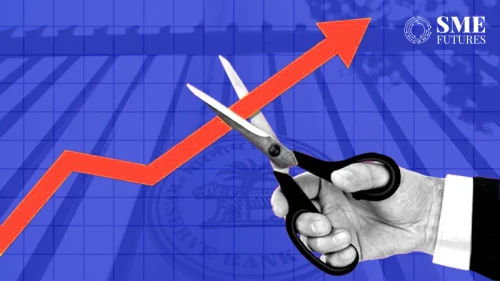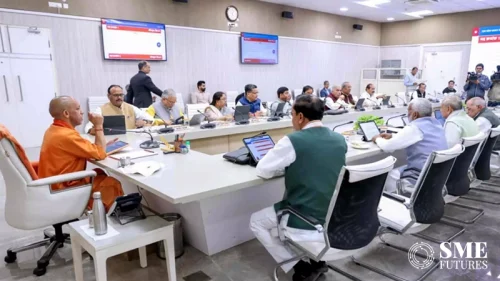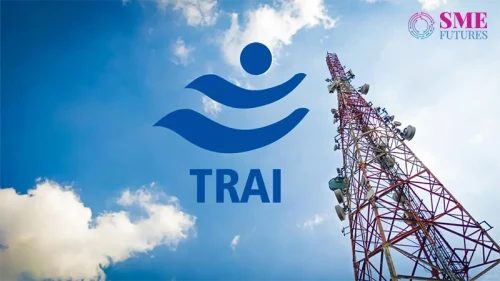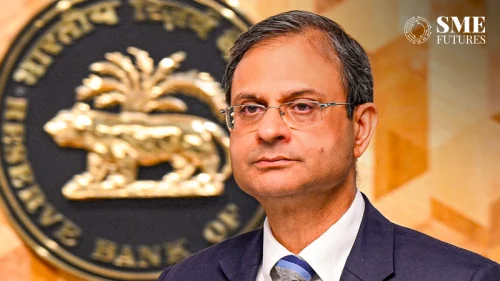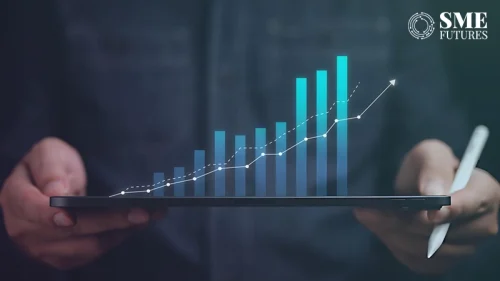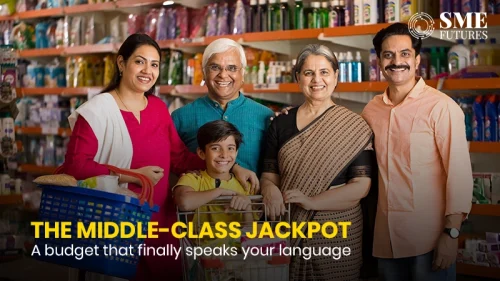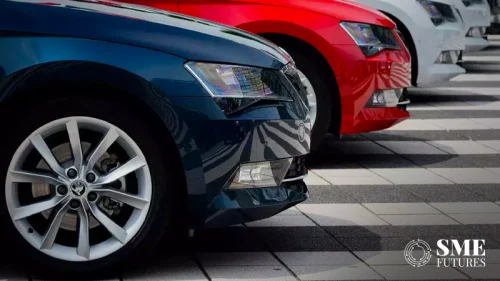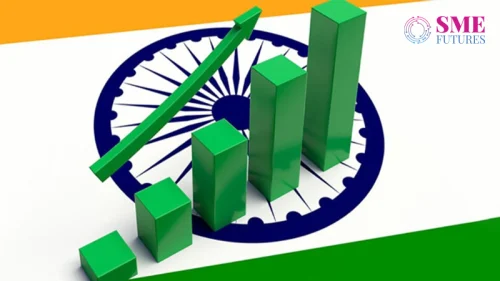The Uttar Pradesh Cabinet has approved the Excise Policy for the financial year 2025-26, with several key changes including the introduction of an e-lottery system for the allocation of liquor and ‘Bhang’ (cannabis) shops.
The government has also for the first time introduced the concept of “Composite Shops”, merging separate beer and foreign liquor outlets into a single unit.
The cabinet meeting chaired by Chief Minister Yogi Adityanath was held on Wednesday night.
“For the first time in seven years, all country liquor shops, composite shops, model shops, and cannabis shops in the state will be allocated through an e-lottery system instead of the renewal process followed earlier,” Excise Minister Nitin Agarwal told reporters on Thursday.
Agarwal said that under the new system, an applicant can submit only one application, and no individual will be allotted more than two shops across the state.
On the introduction of “Composite Shops”, Agarwal said this will allow consumers to purchase all types of alcoholic beverages from one shop.
If an existing beer and foreign liquor shop are located adjacent to each other, they will be merged into a single outlet, he said.
The government has categorised processing fees into five slabs.
The first category, the minister said, covers areas under the development authorities of Gautam Buddh Nagar, Ghaziabad, Lucknow, Agra, Varanasi, Prayagraj, Gorakhpur, and Kanpur, including a 3-kilometer radius around their municipal limits.
The processing fee for country liquor shops in these areas has been fixed at ₹65,000, composite shops at ₹90,000, model shops at ₹1 lakh, and cannabis shops at ₹25,000, the minister said.
The second category includes large cities not covered in the first category, along with a 3 km surrounding area. Fees for country liquor shops here will be ₹60,000, composite shops ₹85,000, model shops ₹90,000 and cannabis shops ₹25,000, he said.
The third category covers municipal areas and their 3-km radius. Fees for country, composite, model and cannabis shops will be ₹50,000, ₹75,000 and ₹80,000 and ₹25,000 respectively.
The fourth category included Nagar Panchayat areas and their 3-km radius. Fees for country, composite, model and cannabis shops will be ₹45,000, ₹65,000 and ₹70,000 and ₹25,000 respectively.
The fifth category covers rural areas. Fees for country, composite, model and cannabis shops will be ₹40,000, ₹55,000 and ₹60,000 and ₹25,000 respectively, he said.
The government has retained the existing operating hours for liquor shops, which will remain open from 10 am to 10 pm, a 12-hour limit that has been in place for several years, the minister said.
He said that the government has introduced 90ml bottles in the regular category of foreign liquor. In the premium segment, 60ml and 90ml bottles will now be available.
Country liquor, previously sold in glass bottles, will now be mandatorily packaged in tetra packs to enhance safety and prevent adulteration.
The Minimum Guarantee Quota (MGQ) for country liquor has been increased by 10 per cent, consistent with the previous year’s policy, he said.
The license fee per bulk liter has been increased from ₹254 to ₹260, the minister said.
The Excise policy aims to promote farmers engaged in fruit-based liquor production, ensuring a dedicated liquor shop at every district headquarters for their products. Licensing fees for such shops have been set at ₹50,000 for divisional and district headquarters and ₹30,000 for other district locations, he said.

